Ukrainian President Volodymyr Zelenskyy, in a recent video address, firmly rejected Pope Francis's suggestion for Ukraine to engage in negotiations with Russia, calling it “virtual mediation.”
Mr Zelenskyy said the Pope's call was contrary to reality, and spoke of active support from religious figures within Ukraine.
"They support us with prayer, with their discussion and with deeds," he said.
“Not 2,500km away, somewhere, virtual mediation between someone who wants to live and someone who wants to destroy you.”
The discourse surrounding Pope Francis's comments and responses from Ukrainian officials and allies reflect the complexities of seeking peace in the middle of an continuing conflict.
While the Vatican expresses a desire for an end to hostilities, the reality in Ukraine and the principles at stake for its people dictate a course of resistance and determination to protect their nation's future, the government says.
The Ukrainian government and its citizens have expressed strong disapproval of Pope Francis's remarks, particularly his suggestion that Ukraine “have the courage to raise the white flag".
This sparked outrage, especially amid reports of civilian casualties due to Russian shelling and missile attacks.
“Our flag is a yellow and blue one," Ukrainian Foreign Minister Dmytro Kuleba said.
"This is the flag by which we live, die and prevail. We shall never raise any other flags.”
Ukrainian officials have drawn parallels between Pope Francis's comments and the Vatican's controversial stance during the Second World War.
Andrii Yurash, Ukraine's ambassador to the Vatican, likened the Pope's negotiation suggestion to attempting dialogue with Adolf Hitler.
"[The] lesson is only one – if we want to finish war, we have to do everything to kill [the] Dragon," he said on social media.
International and religious support for Ukraine
Ukrainian leaders, along with some western diplomats, say that Russia, as the aggressor, should stop its military actions for peace to be attainable.
"Russia is the aggressor and breaks international law," said German envoy to the Vatican, Bernhard Kotsch. "Therefore Germany asks Moscow to stop the war, not Kyiv!"
Religious leaders across different faiths in Ukraine have united in support of their country.
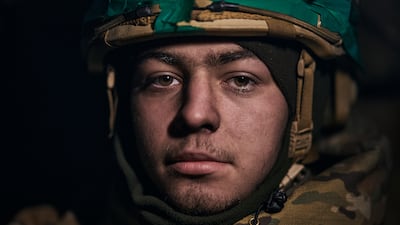
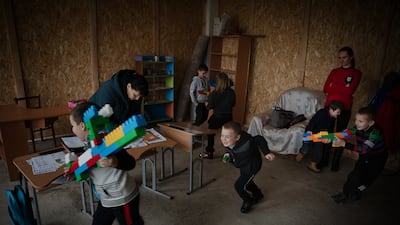
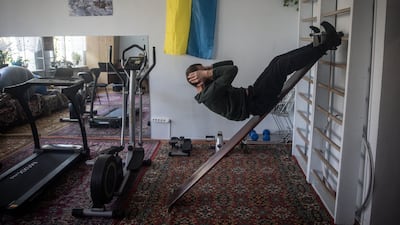
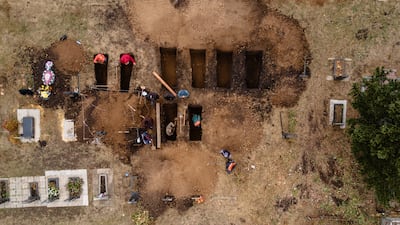

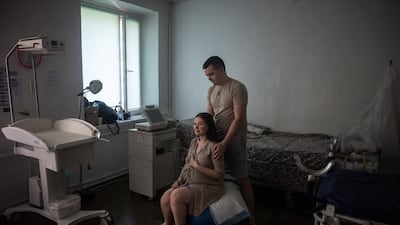
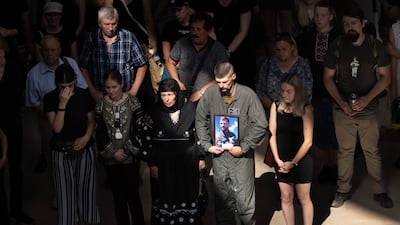

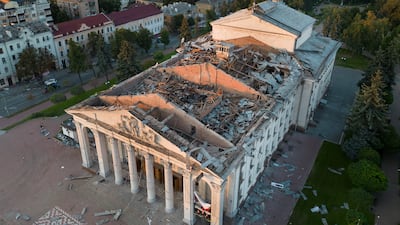
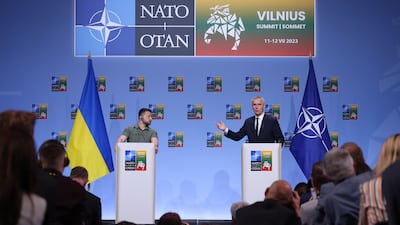
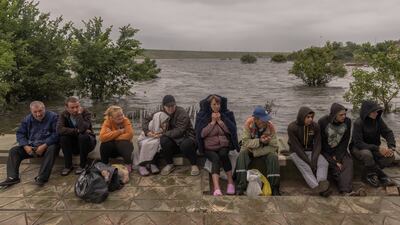

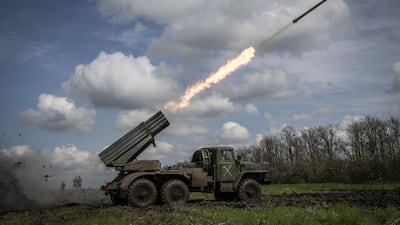
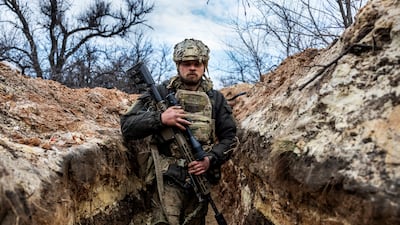





























































The conflict continues to exact a heavy toll, with recent reports of civilian casualties and infrastructure damage in various regions due to Russian shelling and missile strikes.
Ukraine's leadership has consistently pushed for a peace plan that entails the withdrawal of Russian forces and the restoration of Ukraine's borders.
While diplomatic activities have increased, including visits by international envoys and discussions on mediation roles for countries such as Turkey, Kyiv maintains that any negotiation must give priority to Ukraine's interests and territorial integrity.


